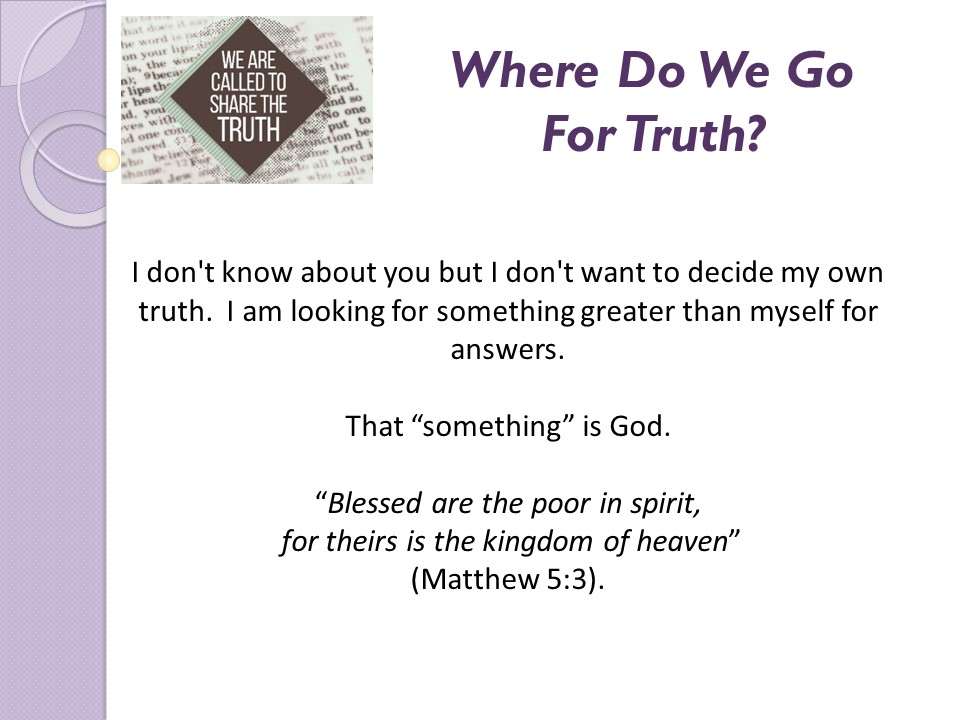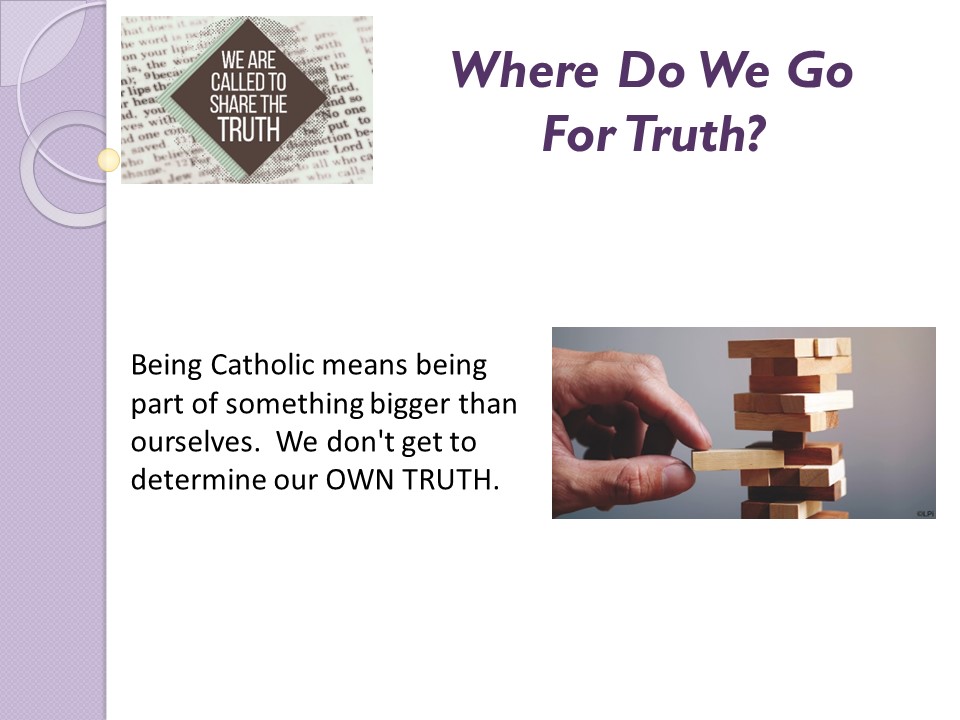26th Sunday in Ordinary Time, Year A
Ezekiel 18:25-28
Psalm 25:4-5, 6-7, 8-9 (6a)
Philippians 2:1-11
Matthew 21:28-32
October 1, 2023 – Respect Life Sunday
Through the prophet Ezekiel the Lord is speaking with his people. They say, “The Lord’s way is not fair!” They are in exile in Babylon. They feel they are being punished for the sins of their ancestors. This is what they say is not fair.
The Lord responds to say that one is only punished for their own sins. One is judged by where their heart is in the moment.
One should not assume if they have been virtuous in the past, God will overlook a present sin. The Lord explicitly tells the people that if a virtuous person “turns away from virtue to commit iniquity,” they will die for their sin.
Do not fear! There is hope for the Lord also says that is one “turns from the wickedness he has committed and does what is right and just, he shall preserve his life.”
Repentance is possible!
Which way are you facing now? Have you turned away from virtue to sin? Or have you turned from the wickedness to what is right and just?
When we turn away from wickedness, we cry out, “the sins of my youth and frailties remember not.” We are weak and fall into sin. The Lord will redeem us if we repent.
Do we seek to do what the Lord asks of us?
Jesus tells the story of a man with two sons. He tells the first son to go out and work in the vineyard. The first son says, “I will not,” but “afterwards changed his mind” and did what his father directed.
The father then tells the second son and gave him the same order. He replied yes but never did it.
Jesus then poses the question, “Which of the two did his father’s will?” The one who actually did is the first son who had first said he won’t.
Which son are you like? Do you say you will do what God asks of you but don’t? Or do you say no but then realize better and follow the Lord’s way? The chief priests and elders said they would but didn’t. The tax collectors and sinners had not but repented.
The tax collectors and sinners are the ones who came to know that “Jesus Christ is Lord.”
There are many people today who do not really know Jesus. They are others who know Jesus and call him Lord but don’t understand the significance of calling him Lord.
To call Jesus “Lord” is to follow his way. If we truly believe that Jesus is Lord, we will seek to be “of the same mind, with the same love, united in heart, thinking one thing” with him. We will seek to do God’s will.
We will “do nothing out of selfishness.” We will “humbly regard others as more important than” ourselves.
For example, when our parents grow old, they may need a lot of care. Do we put them in a nursing home so that we aren’t bothered by their needs (selfishness) or do we look for them to get the care they need, whether it is at home or in a nursing home? Do we cherish their life or do we see their needs as an inconvenience to us?
What about someone facing a pregnancy? Do they choose what is convenient for them or do they make the child in the womb their first priority?
Do we look to the needs of others? Do we stand for life? Do we do so only with words or do our actions show our support for life?
Jesus sets the example. He was with God in Heaven. “He was in the form of God” but “did not regard equality with God something to be grasped.” He “emptied himself, taking the form of a slave.” He became human not for selfishness reasons or vainglory. Jesus became human to save us from our sins.
“He humbled himself, becoming obedient to the point of death.”
Let’s think about this. Jesus emptied himself. He gave us his place in Heaven to save us. He sacrificed himself to save us. What difference does knowing this make to you?
Do you empty yourself of worldly desires and stop seeking glory for yourself, and respond to the needs of those around you?
Are you a parent who has made sacrifices for the good of your children?
Do you give of your time to help others in need? Do you give of your own wealth (each according to his means) to help others who do not have enough? Do you pray for them?
All life matters. All life is a gift. May we do what we can to help those in need, physically and spiritually.


